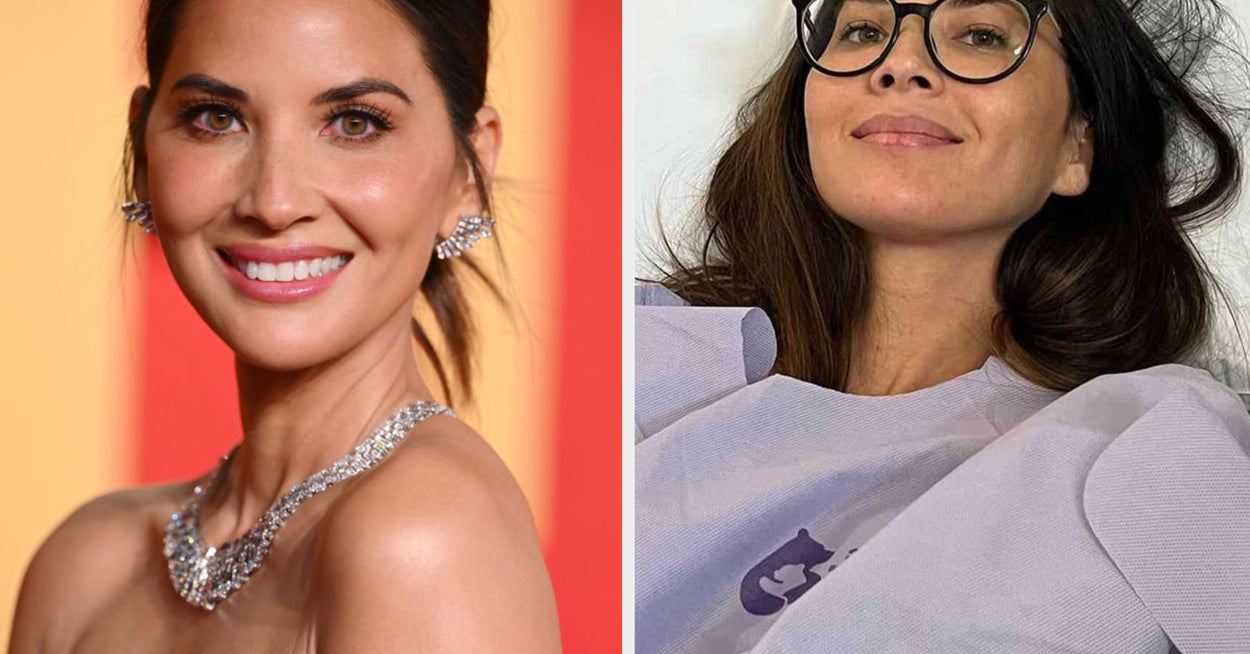Luminal B breast cancer is more common in younger patients under 50, according to Rao. (It’s worth noting that Munn was 42 when diagnosed.)
Additionally, people with a family history of breast cancer are at increased risk. But even if you don’t have a history of breast cancer in your family, there are other risk factors, too, noted Rao.
According to Rao, people with dense breasts have a higher risk, as are those who have their first child after 30, people who don’t have children, people who go through menopause at an older age (the definitions vary, but generally after 55) and those who had their first period at a young age (generally under 12).
“All of these things may actually put them in the high-risk range, even without a family history,” Rao said.
It’s important to know your breast cancer risk score.
Munn shared on Instagram that she tested negative for all cancer genes, including the BRCA mutation, which puts folks at higher risk of breast cancer, ovarian cancer and pancreatic cancer, but her doctor recommended she completed a breast cancer risk assessment, too.
A breast cancer risk assessment is a tool that physicians use to assess and understand your lifetime risk of having breast cancer, according to Rao.
It measures the factors mentioned above — family history, pregnancy history, gene mutations and more — to determine your breast cancer risk, resulting in a lifetime risk score.
“So, based on the sum of all of these things, it gives us the lifetime risk for the patient … typically anyone with lifetime risk which is more than 20% is considered high risk,” Rao said. Munn’s lifetime risk was 37%.
“For patients with a score more than 20%, the doctors will typically recommend supplemental MRIs in addition to mammograms,” Rao stated. Additionally, if you’re under 40, the age at which you start screenings for breast cancer would be lowered.
There are also risk-reducing medications that may be considered as well, he said.
″[I] just encourage everyone to talk to their gynecologist [or] physician and ask for a detailed breast cancer risk assessment through tools available,” Rao said.
“Even if you don’t have a strong family history … I think everyone should actually talk to their OBGYN about doing the detailed assessment,” he added.
It’s also important that you follow the recommended guidelines from your doctor based on your risk assessment score and monitor for any of the breast cancer warning signs mentioned above.
This can help doctors catch breast cancer early and treat it effectively. “We should be able to cure a lot of patients if it’s caught early,” Rao said.
This article originally appeared on HuffPost.

